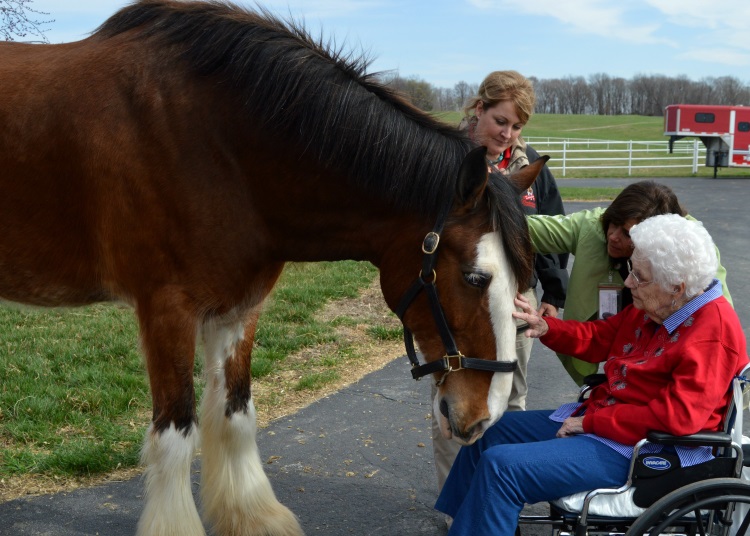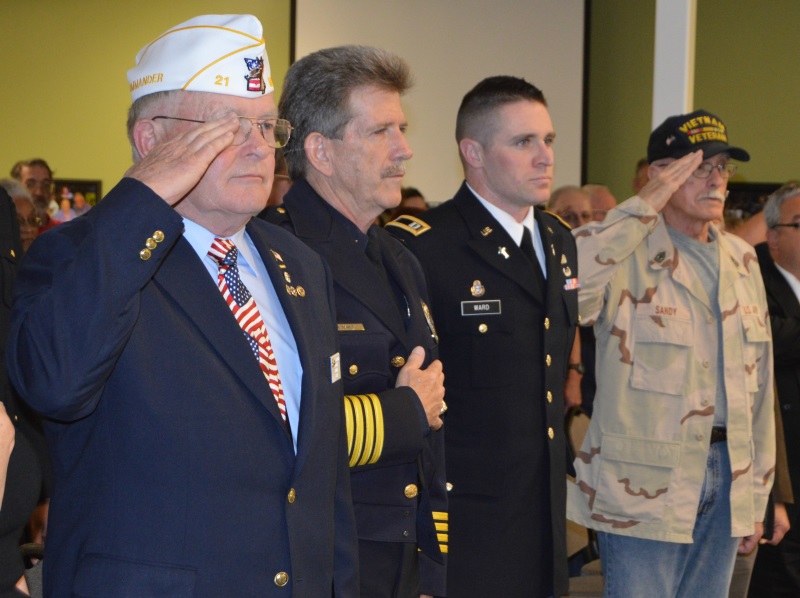
Blog: Hospice & Palliative Care Insights - March 2016

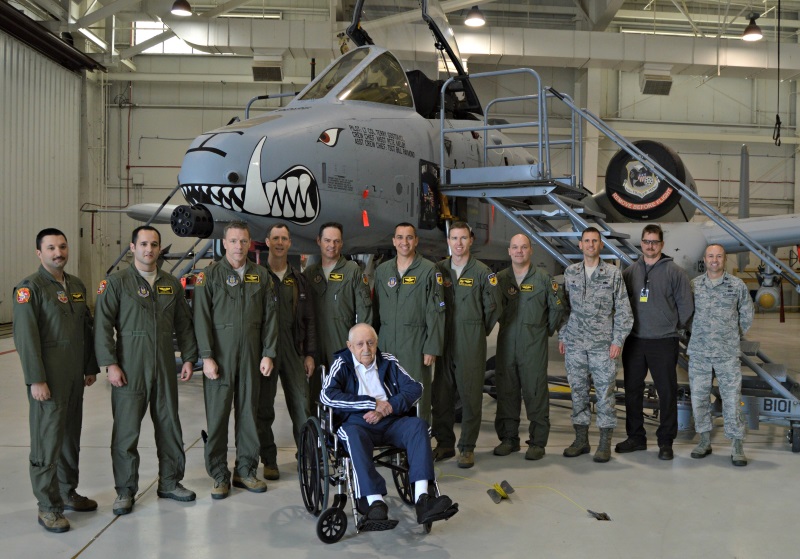
WWII Veteran Honored at Whiteman Air Force Base
Kenneth Rogers entered the United States Army in 1943 and served our country for 20 years. For his Gift of a Day, his wanted to see the planes he used to fly once more. On March 29, 2016, the 50th Anniversary of the Vietnam War, he got his wish with a visit to the Whiteman Air Force Base.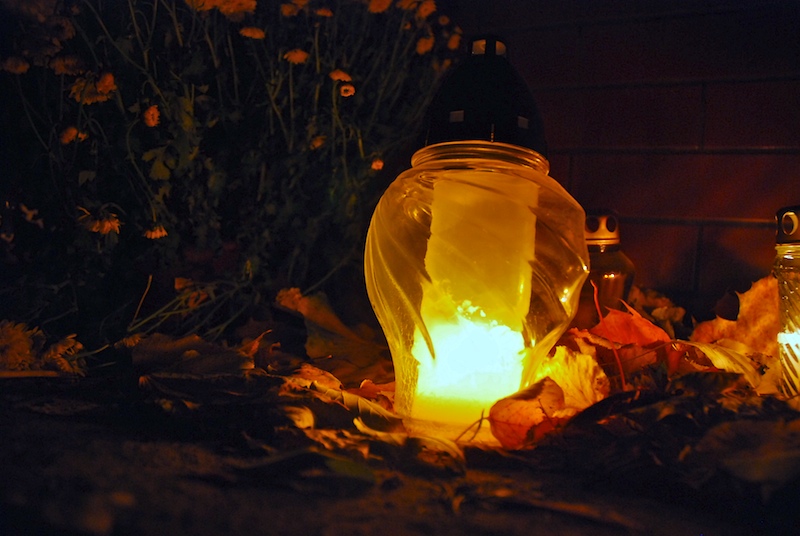
What Happens After You Die in Hospice?
Even when a death is expected, it can be difficult to prepare for the actual moment of death. Our role at Crossroads Hospice is to support the family through this time. "It's our privilege to care for these patients and their families, and each one is unique," says Daniela O'Neil, Crossroads Hospice Assistant Clinical Director. "We honor their wishes and go by what they need."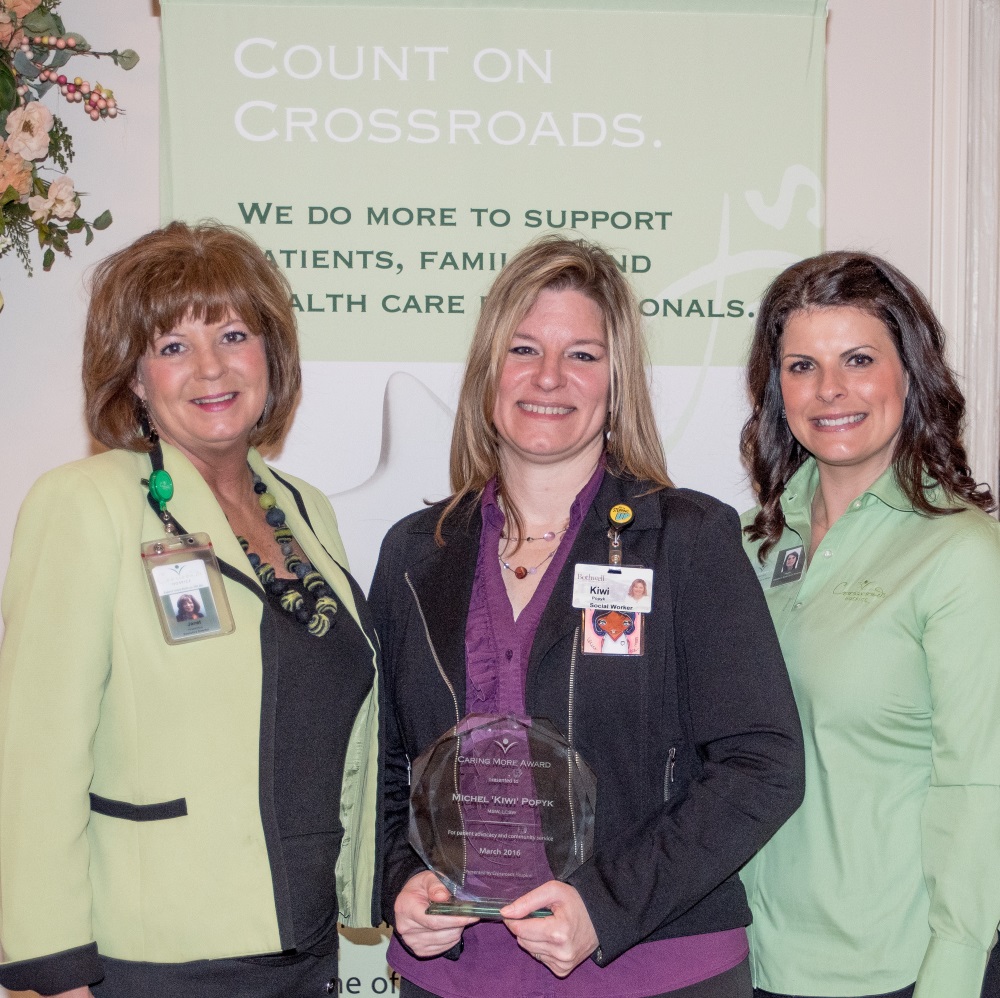
Caring More Award Spotlight: Kiwi Popyk
Posted on March 28, 2016
At Crossroads Hospice, we know social workers have superpowers. They are fantastically flexible, immediately intuitive, prodigious problem solvers and terrifically tenacious, never letting go until they’ve found a solution. 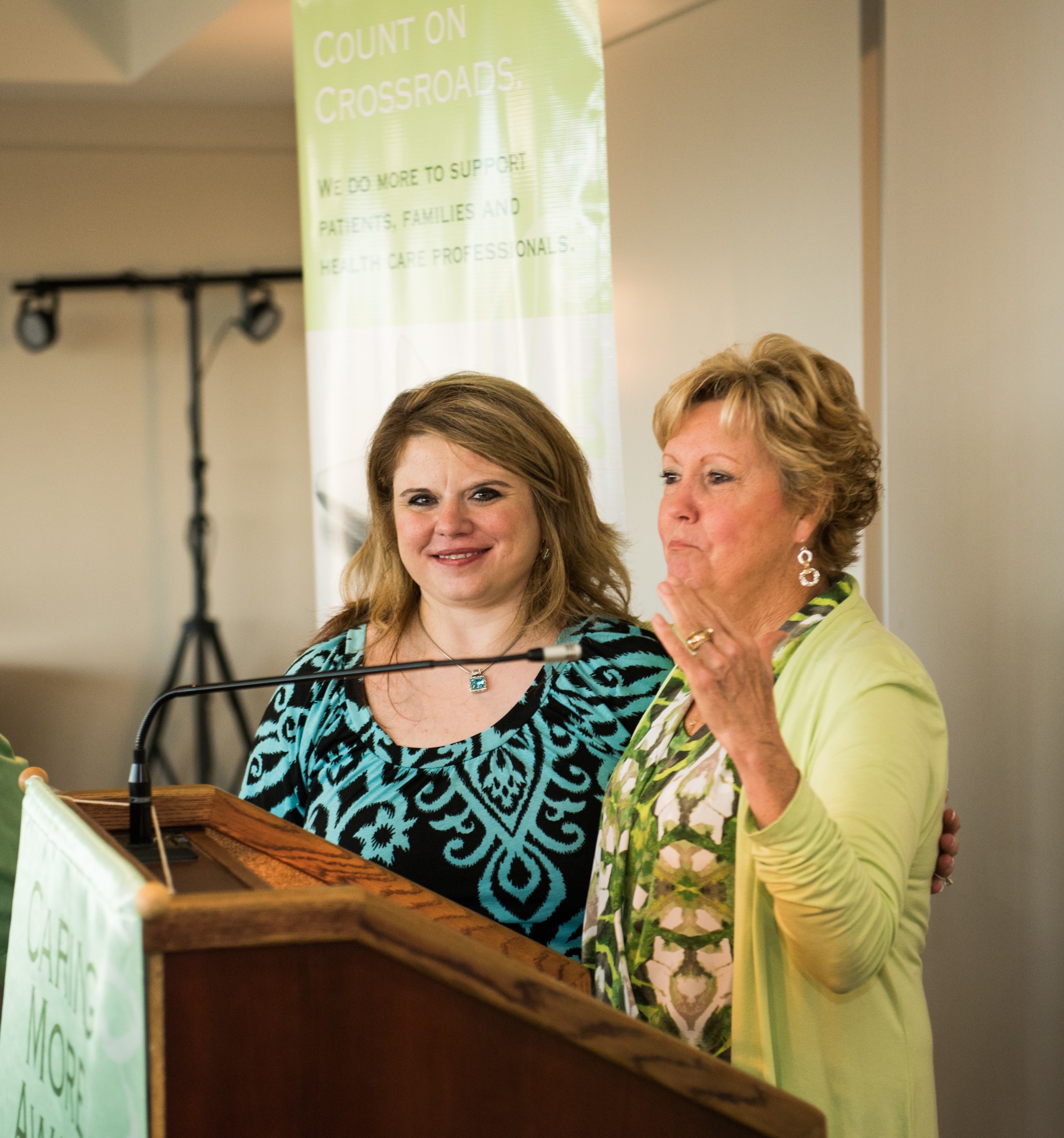
Caring More Award Spotlight: Katie Carter in Memphis
Posted on March 19, 2016
Social workers are a dedicated lot.
At Crossroads Hospice, we see that every day both in our own social workers and in the many social workers we come into contact with at hospitals, skilled nursing facilities and in our patients’ homes. They are the doers and the fixers; the connectors that make care go more smoothly, help families connect and focus on the big picture of a patient’s life while executing on the details. 